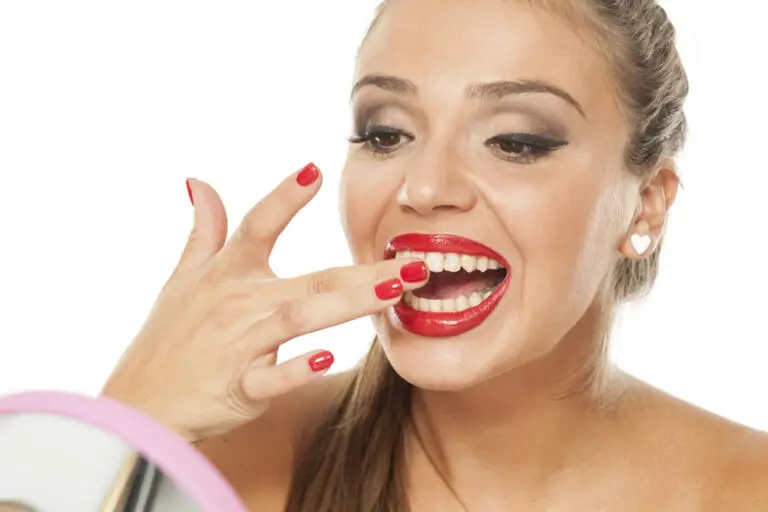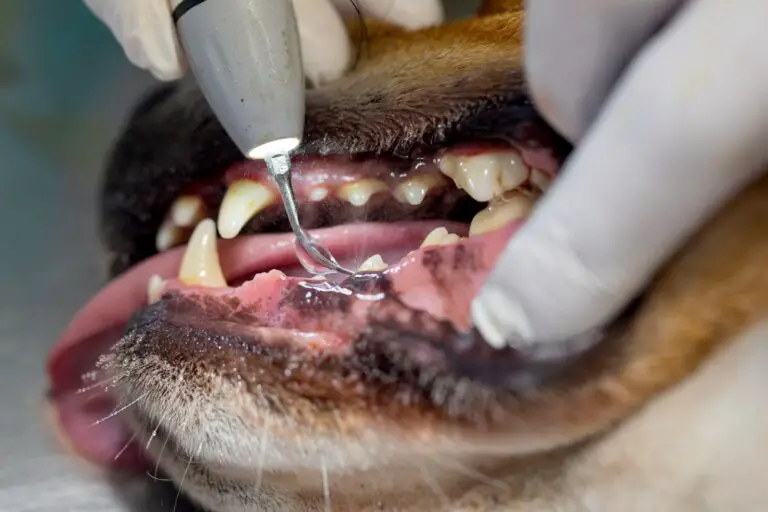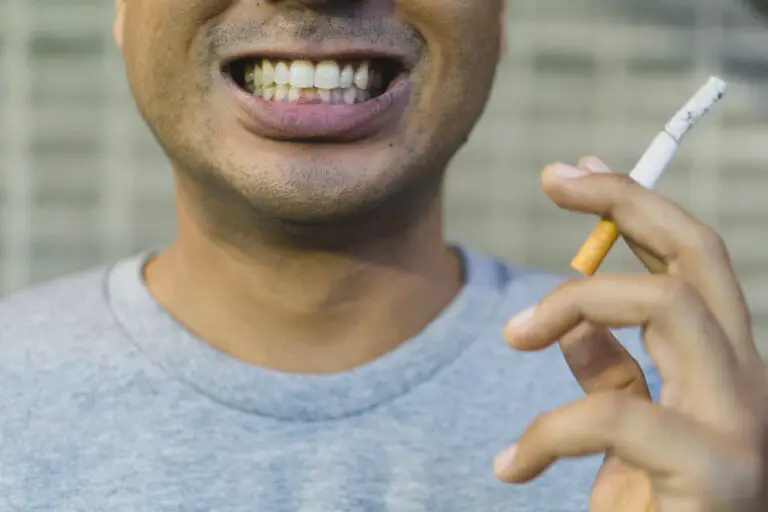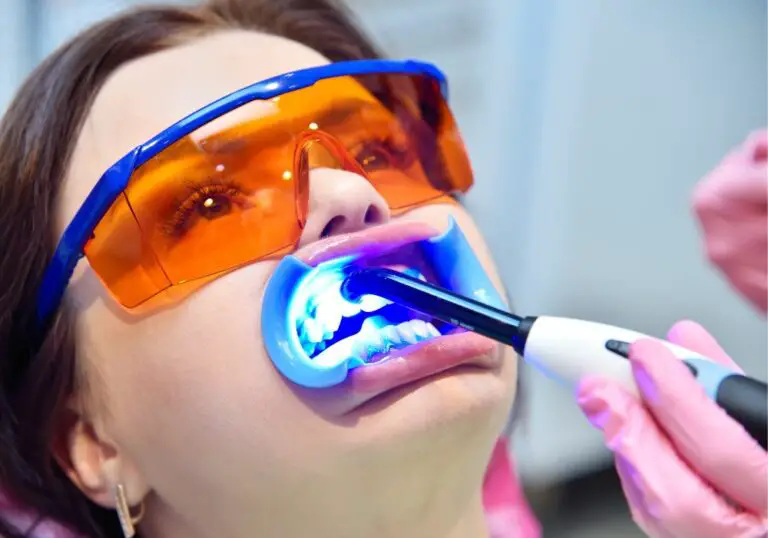Fasting during Ramadan is one of the five pillars of Islam. It requires Muslims to abstain from eating, drinking, and certain other behaviors from dawn to sunset. An important question that arises is whether Muslims can brush their teeth while fasting or if this would break the fast. In this comprehensive article, we will examine the Islamic ruling on brushing teeth during Ramadan in great detail, look at the different scholarly opinions across the major schools of thought, reasons behind these differences in opinion, provide tips for dental hygiene while fasting, examine what major Islamic bodies say, and answer common frequently asked questions.
The Ruling on Brushing Teeth While Fasting – In Depth

The major schools of Islamic jurisprudence (fiqh) have differing views on whether brushing teeth breaks the fast:
Hanafi School
- The Hanafi school prohibits brushing teeth with or without toothpaste during fasting in Ramadan.
- They consider the introduction of anything into the mouth to invalidate the fast, regardless of taste or intentional swallowing.
- This is based on the literal interpretation of fasting as complete abstinence from anything entering the mouth.
- Even a miswak (teeth-cleaning twig) would break the fast according to the strictest Hanafi view.
- However, some Hanafi scholars have permitted miswak and dry brushing as long as extra care is taken not to swallow saliva.
Maliki School
- The Maliki school allows brushing teeth without toothpaste but prohibits toothpaste use during fasting hours.
- They believe anything with discernible taste breaks the fast if introduced into the mouth intentionally.
- However, they permit rinsing out with water after brushing teeth.
- Their view is based on the prohibition of tasting anything with flavor, not just swallowing.
Shafi’i School
- The Shafi’i school has the same view as the Maliki school when it comes to brushing teeth during fasting.
- They allow dry brushing without toothpaste but prohibit using toothpaste that has a discernible taste.
- They argue that tasting flavor invalidates the fast, even if spat out.
- However, they permit rinsing mouth with water similar to the Maliki view.
Hanbali School
- The Hanbali school permits brushing teeth both with and without toothpaste during fasting.
- Their view is that anything not swallowed does not break the fast since it does not provide nourishment.
- They also cite hadith narrations that the Prophet صلى الله عليه وسلم would use miswak while fasting, indicating permissibility.
- However, they prohibit swallowing any toothpaste or water used for rinsing mouth.
Why Do Different Schools Have Different Opinions?
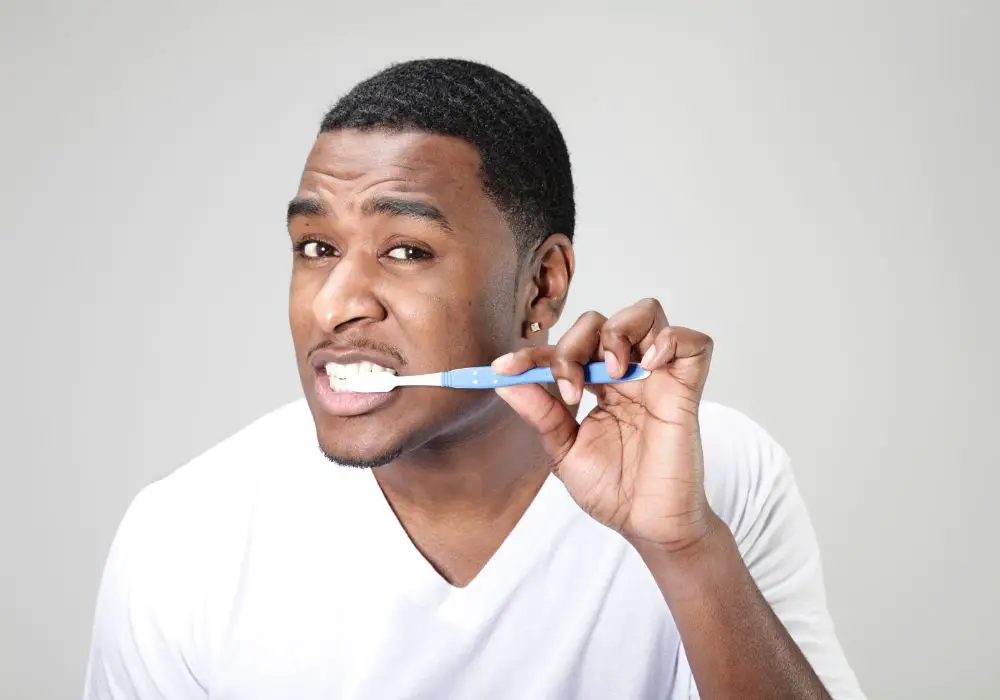
The difference of opinion between the four major Sunni schools stems from how each defines the act of “fasting” and what exactly is prohibited during the fast:
Hanafi View
- The Hanafis consider anything entering the mouth intentionally to break the fast, even if tasteless.
- This is based on an extremely strict definition of fasting as complete abstinence.
- However, they allow anything entering mouth unintentionally or forgetfully.
Maliki and Shafi’i View
- The Malikis and Shafi’is argue that only substances with discernible taste break the fast when put into the mouth intentionally.
- They make exception for anything entering unintentionally or forgetfully too.
- Their definition is based on prohibiting intentional tasting of flavored substances.
Hanbali View
- The Hanbalis state that anything not swallowed or providing substantial nourishment to the body is permitted during the fast.
- Their definition revolves around whether an act provides nourishment or not rather than taste.
- They also emphasize intention and swallowing more than just mouth contact.
In summary, the permissibility of brushing teeth depends on whether scholars view it as tantamount to eating/drinking or simply cleaning the mouth. Those prohibiting it consider toothpaste to have nourishment or discernible taste while those permitting view it as an act of hygiene.
Does Brushing Teeth Invalidate the Fast?
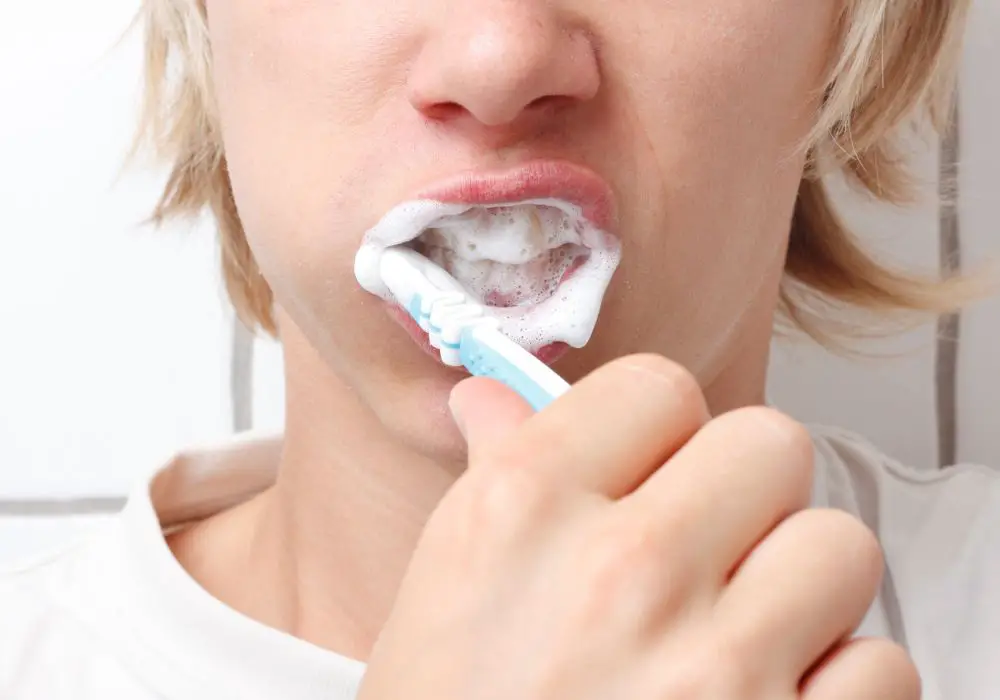
Scholars prohibiting brushing teeth during fasting have given certain reasons:
Accidental Swallowing
- There is a risk of accidentally ingesting toothpaste, water, or saliva used for brushing and rinsing.
- Swallowing anything, even unintentionally, is agreed to break the fast by consensus of all schools.
Taste of Toothpaste
- Most toothpastes contain flavoring agents, sweeteners, and mint. These give it a discernible taste.
- For scholars who prohibit intentional tasting of flavored substances, this would invalidate the fast.
Beneficial Effect
- Toothpaste contains fluoride, antibacterial agents, and minerals that clean and nourish the teeth and gums.
- Some scholars consider this nourishing effect akin to eating food, hence prohibited during fasting hours.
However, there are counter arguments from scholars who permit brushing teeth:
No Swallowing
- Brushing teeth does not necessitate swallowing toothpaste or water. With due care, one can avoid ingesting it.
- Anything not swallowed does not break the fast according to certain schools.
Minimal Taste
- The taste of toothpaste is minimal and not for deriving pleasure. It is also immediately spit out.
- This differs from intentionally tasting food which provides enjoyment.
No Significant Nourishment
- The cleansing and “nourishing” effect of toothpaste is negligible and not considered substantial by some.
- It does not provide calories or satiation like actual food or drink.
In summary, scholars permitting brushing teeth argue it simply cleans the mouth and does not provide nourishment or enjoyment like eating food does.
Tips for Dental Hygiene While Fasting
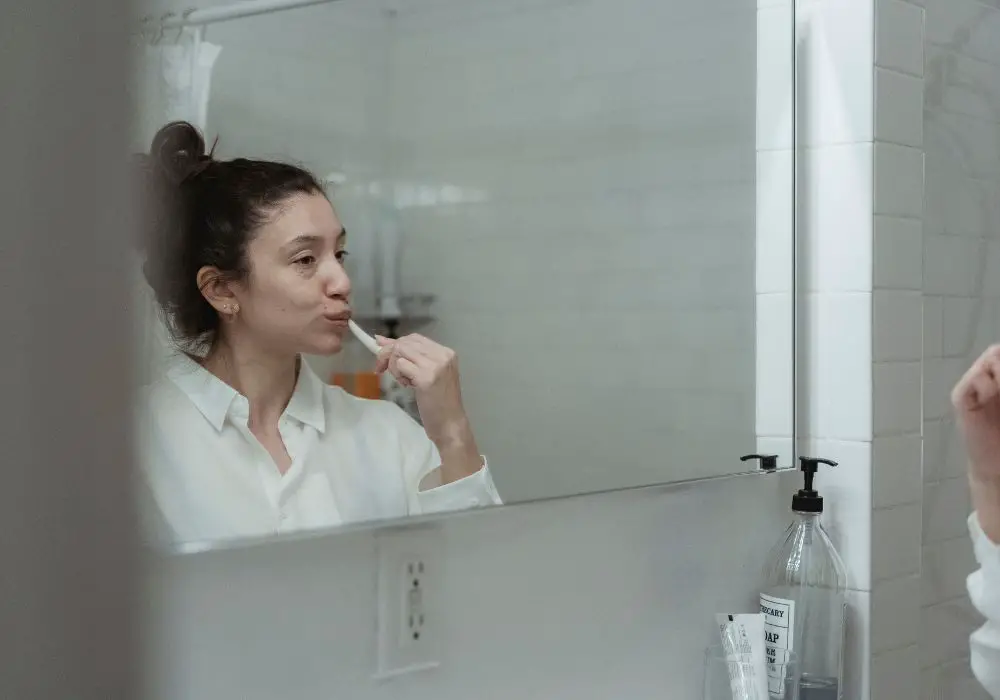
Here are some tips to maintain dental hygiene without invalidating the fast:
- Use a miswak, a traditional natural teeth-cleaning twig, to brush teeth. Most scholars allow miswak.
- Brush thoroughly with toothpaste before beginning the fast, preferably after predawn meal (suhoor).
- During fasting hours, brush with a dry toothbrush without any toothpaste.
- After dry brushing, rinse out your mouth thoroughly with water and spit it out. Avoid swishing water forcefully around the mouth.
- When using toothpaste is necessary, choose one with minimal taste and no sweeteners. Consult your local scholar about permissibility.
- Be extremely careful not to swallow any toothpaste, water, or saliva. Spit it out if any enters your throat.
- Make the intention (niyyah) to do the dental hygiene for cleanliness and not to enjoy the taste or derive nourishment.
- If you accidentally swallow anything, your fast would become invalid. Make up for that day later.
In essence, taking precautions and exercising caution can allow one to maintain dental health without compromising the fast. However, it is best to avoid toothpaste unless expressly permitted by one’s school or scholar.
What Major Islamic Bodies Say About Brushing Teeth While Fasting
Organization of Islamic Cooperation (OIC) Fiqh Academy
The OIC Fiqh Academy, consisting of Islamic scholars from 57 countries, decreed:
“It is permissible to taste food and drink forgetfully and unintentionally during fasting. It is also allowed to use the miswak and toothbrush without toothpaste. However, if someone remembers they are fasting, they must immediately expel any food or drink from the mouth and stop chewing or brushing.”
They effectively prohibited toothpaste but allowed tasteless miswak and dry brushing.
European Council for Fatwa and Research (ECFR)
The ECFR, a Dublin-based scholar’s organization, stated:
“It is permissible for the fasting person to clean their teeth with a dry toothbrush without any toothpaste.”
They took the view of absolutely no toothpaste being allowed during fasting hours.
Egypt’s Dar al-Ifta
Egypt’s prominent religious body Dar al-Ifta declared:
“It is permitted to use the siwak [miswak] during fasting, but not regular toothbrush or toothpaste.”
They adopted the traditionalist view of only miswak being allowed and prohibited any form of conventional toothbrush use, with or without paste.
So the major Islamic organizations and councils tend to recommend abstaining from toothpaste usage but allow dry brushing with precautions during Ramadan. However, individuals should check with their local scholars as well.
Frequently Asked Questions on Brushing Teeth While Fasting
Can I use toothpaste when fasting in Ramadan?
Using toothpaste is prohibited according to the Hanafi, Maliki, and Shafi’i schools of thought, unless you follow the more flexible Hanbali view. Most scholars advise avoiding toothpaste when fasting.
What if I accidentally swallow toothpaste or water while rinsing during fasting?
Swallowing anything invalidates the fast according to consensus. You must refrain from eating and drinking the rest of the day but make up for that invalidated fast later.
Can I use mouthwash when I am fasting?
Most scholars prohibit using mouthwash in Ramadan as it involves swishing a flavored liquid around the mouth intentionally. Unless your school or scholar allows it, avoid mouthwash when fasting.
What if I bleed from the gums due to brushing without toothpaste? Does this break the fast?
No, bleeding gums does not invalidate the fast unless you intentionally swallow blood. Simply spit out any blood from brushing.
Can I use a regular toothbrush without any toothpaste when fasting?
Yes, you may use a dry toothbrush without toothpaste based on the opinions of Maliki, Shafi’i and Hanbali scholars. Take care not to swallow anything.
Conclusion
In summary, there are differences of opinion among Sunni schools on the permissibility of brushing teeth with conventional toothpaste and toothbrushes during fasting in Ramadan. The Hanafis prohibit it completely, while the Shafi’is and Malikis allow dry brushing but no paste. The Hanbalis are most flexible, permitting both. Major Islamic organizations recommend avoiding toothpaste unless following the Hanbali view.
Muslims who want to brush during fasting should consult their local scholars and exercise great caution not to swallow anything or overindulge in tasting flavored toothpaste. With due care and wisdom, dental hygiene can be maintained without breaking the fast.

